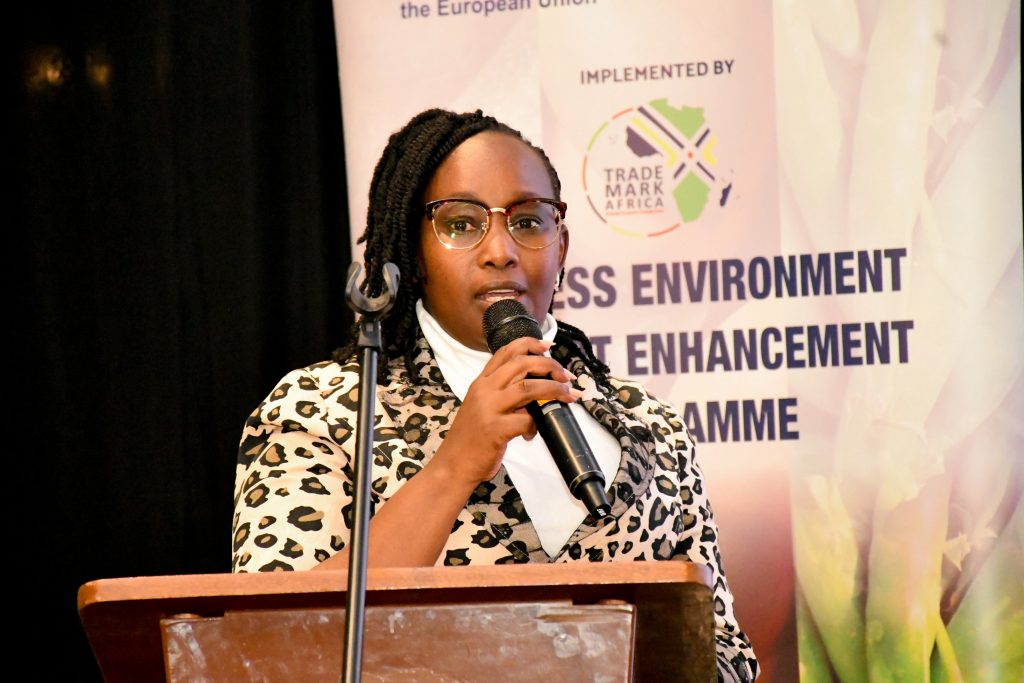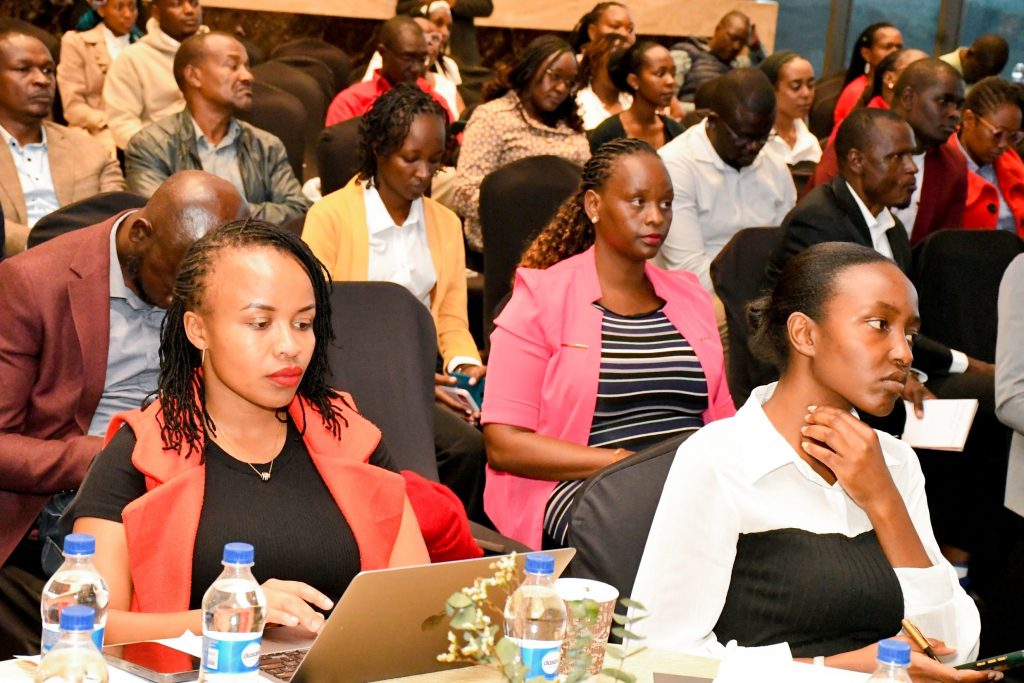
The flower industry provides over 150,000 direct jobs and indirectly supports 1.5 million jobs. It benefits 4 million people, with 60% being women. Among the flower exports from Kenya, 80% are members of the Kenya Flower Council (KFC). Through its members, KFC stands as the leading exporter of flowers and plants to the EU, with
Kenyan flowers reaching over 60 countries worldwide. Kenya ranks as the third-largest flower producer, with 90% of its members holding certification. To promote a flourishing industry through green initiatives, KFC ensures that its members are dedicated to meeting the highest quality standards outlined in the Flower Council Flowers and Ornamentals Sustainability Standard (FOSS).
These standards align with ILO Conventions and the ITC Standard Map – Social and Human Rights Sustainability Principle. They are also internationally recognized, accredited to ISO 17065, and acknowledged by the FSI and the Sustainable Supply Chain Initiative (SSCI). This guarantees that all members comply with these standards.
The standards support five of the Sustainable Development Goals (SDGs), which include poverty eradication, gender equality, decent work and economic growth, responsible consumption and production, and climate action.
Why Choose Kenyan Flowers?
Customers are encouraged to make informed choices, backing growers who emphasize social and environmental responsibility. The collaborative efforts of growers, retailers, and consumers are steering the industry towards a greener future.
By purchasing Kenyan flowers, you not only enhance beauty in your life but also contribute to preserving the planet for future generations and protecting human rights. The next time you hold a bouquet of sustainably grown flowers from Kenya, you are not just holding beauty in your hands but also a key to a thriving green world.
The Social Dimension of FOSS

By implementing FOSS requirements, growers guarantee that they are compared to the best practices globally. FOSS encompasses social, environmental, and Good Agricultural Practices.
Due Diligence on Human Rights
KFC identifies stakeholders throughout the supply chain and evaluates their effects on human rights, developing measures to mitigate these impacts. Annual assessments are conducted to evaluate the performance and effectiveness of Human Rights Policies, and the mechanisms for reporting identified Human Rights issues to stakeholders for resolution are reviewed.
Policies Against Discrimination
Recruitment and engagement policies are designed to prevent gender-based discrimination, covering termination, resignation, and summary dismissal procedures. They also ensure equal pay for equal work, as well as policies promoting freedom of movement, prohibiting forced or bonded labor, and child labor.
Grievance Monitoring and Follow-Up Mechanisms
Companies offer suggestion boxes and maintain confidential grievance systems, ensuring corrective actions are taken and followed up appropriately.
Freedom of Association Policies and Collective Bargaining
Employees have the right to join unions and engage in collective bargaining agreements. They are also permitted to establish workers’ committees to address their concerns.
Rights to Fair Wages
The terms and conditions of employment align with the negotiated industry Collective Bargaining Agreement (CBA) regarding wages and any subsequent increments. Transparent wage payment systems and timely wage disbursements are guaranteed, and policies governing working hours and overtime are clearly defined.
Rights to social security
Policies regarding sick leave, maternity leave, paternity leave, and provisions for expectant and nursing mothers are clearly defined. Employers are also required to ensure that statutory deductions, such as SHIF and NSSF, are made and submitted promptly. This also guarantees the protection of vulnerable workers, including casual, seasonal, and contract employees, allowing them access to social security.
Right to education
Companies that provide housing for their employees must ensure that school-aged children have access to education.
Gender based policies
Employees have the right to participate in gender committees that promote gender equality, provide childcare facilities, and offer maternity support.
Family labor policy
This policy is designed to protect the interests and rights of employees who are key family members.
Human rights policy
Both parties are expected to communicate and implement this policy. Additionally, all employees across various departments, as well as those managing different functions of the farm, should receive training. There is also a system in place for monitoring and reviewing the implementation of the policy.
Ethics and anticorruption policy
Employers must identify potential unethical issues and create measures to mitigate them. They are also responsible for communicating and implementing the policy, as well as monitoring and reviewing its execution.
Protection from health risks, chemical exposure, health and safety
The provision of personal protective clothing for all employees, with special attention to those handling chemicals, is ensured. Regular cholinesterase tests for chemical handlers are conducted, along with routine medical examinations for employees. Training on the safe use and application of plant protection products is essential.
Conclusion
As Kenya’s flower industry continues to develop, KFc remains a leader, fostering innovation, sustainability, and excellence. Through their initiatives, the industry has flourished, establishing Kenya as a global powerhouse in flower production.
With a dedication to quality, sustainability, and technological progress, Kenya’s flower industry is set for a prosperous future.
